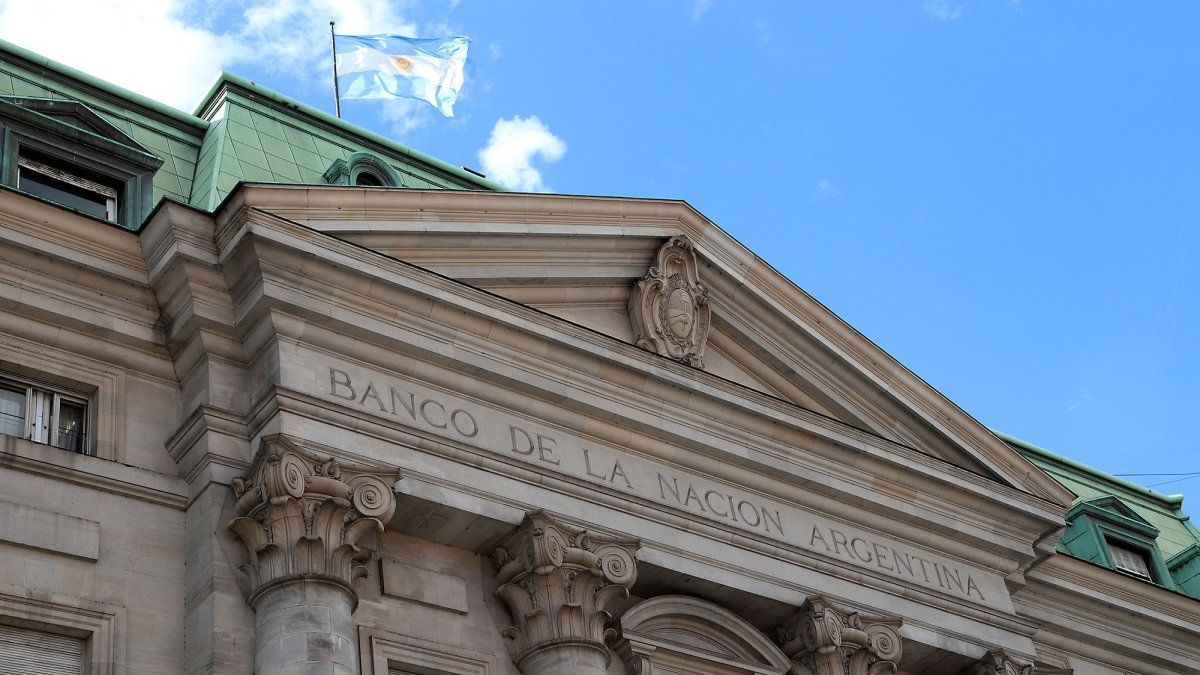There is a danger lurking before the elections: experts warn of more fake news and how it can influence the elections. On International Fact Checking Day, the question arises: What causes disinformation?
2024 is a super election year: In addition to the US presidential election and the ballot for the European Parliament, there are three landmark state elections in East Germany. After the Office for the Protection of the Constitution, Federal Interior Minister Nancy Faeser (SPD) is now warning against attempts to influence upcoming elections through disinformation.
A new study by the Bertelsmann Foundation shows that 81 percent of Germans view disinformation on the Internet as a threat to democracy and social cohesion. 67 percent are worried that disinformation could influence the outcome of elections. International Fact Check Day on Tuesday (April 2) focuses on the reach and influence of false information online.
Experts such as Cathleen Berger from the Bertelsmann Foundation and Pia Lamberty from the Center for Monitoring, Analysis and Strategy (Cemas) warn against targeted disinformation campaigns. Berger sees this as an attempt to “manipulate democratic discourses”.
Influence through half-silent surveys
An example: Completely dubious election polls are circulated at regular intervals. In January, for example, AfD member of the Bundestag Marc Bernhard was pleased with supposed projections that his party was almost on a par with the CDU in Baden-Württemberg, with 26 percent of the vote. In mid-March, his Bavarian party colleague Andreas Winhart announced that the AfD was supposedly “only two percent behind the CDU with 21 percent of the two votes nationwide.”
This suggests survey heights that don’t actually exist. Because the supposed values are one thing above all: not valid at all. Behind them is the opaque institute “Prognos Surveys”, which does not make its methodology and financing transparent. With reputable and recognized institutes such as Infratest dimap or Forsa, the AfD is far behind the CDU in both cases mentioned.
The strong right fuels the spread of disinformation
In Lamberty’s view, the rise of the extreme right in large parts of Europe is making society more susceptible to disinformation. The co-director of Cemas, which investigates radicalization tendencies and conspiracy narratives on the Internet, also expects such attempts from abroad such as Russia.
The Federal Ministry of the Interior (BMI) also sees Germany in the crosshairs of Russian influence activities, which are primarily aimed at “undermining trust in the ability and competence of European institutions to act and deepening existing potential for division in society,” said a spokeswoman. The current focus is on the pro-Russian site “Voice of Europe”, whose operator the Czech government imposed sanctions on. The portal had, among other things, published interviews with the politicians Maximilian Krah and Petr Bystron, who are ranked first and second on the AfD list for the European elections.
False claims can stay online for a long time
Disinformation campaigns are anything but quick fixes. They “usually provide a breeding ground over longer periods of time,” explains expert Berger – and illustrates this: Before election results are questioned, socially controversial topics such as the climate crisis, war or gender identities are emotionalized through extreme positions.
For example, the crude false claim that the Greens are planning a general ban on dogs, cats and other pets in order to protect the climate has been persistent on social media for years. This fake was already wafting through the dark echo chambers before the last federal election in 2021.
Worryingly, many are vulnerable to manipulation. According to a survey by Initiative D21, a network for the digital society, almost a third of those surveyed have little use for the term disinformation – or do not know it at all. “Gaps in knowledge are then filled with your own attitudes and ideologies,” explains Lamberty.
Candidates sometimes spread fake news themselves
Examples such as Jair Bolsonaro’s election campaign in Brazil or Donald Trump’s election campaign in the USA show that trust in democratic processes is particularly weakened when the candidates themselves sow distrust. The violent storm on the Capitol in January 2021 shows that Trump’s lies about alleged election fraud have concrete consequences. Disinformation has not yet caused such damage in this country. Nevertheless, Lamberty assumes that such narratives “make their contribution to radicalization” in individual milieus.
In past elections, conspiracy ideologists and right-wing radicals tried to spread claims of widespread electoral fraud – sometimes with the help of AfD politicians. There is a lot of rumor: postal voting documents would be sent to those eligible to vote without being asked; Ballots were intentionally lost in the mail; Ballot papers punched in a corner are invalid. Everything was a lie. But the message behind it to the supporters: the elections in Germany are not trustworthy.
For example, in the district election in the Oder-Spree district in Brandenburg in May 2023, far-fetched allegations of manipulation through postal voting arose once again – especially because the SPD candidate prevailed against the AfD competitor because of the votes sent by post. The latter was narrowly ahead at the polling stations. The truth: Not a single irregularity was reported to the district returning officer during the vote.
Expert Berger denies that such influence will shake the foundations of our democracy. But the disintegration of our political order is “not a process that happens overnight,” says Lamberty. “Propaganda often has a long-term, gradual effect – and that’s exactly what makes it so dangerous.”
According to research by the “t-online” portal, the federal government, together with France and Poland, wants to set up “an early warning and reaction system” that will keep an eye on information manipulation and influence from abroad. European cohesion is particularly important “at times when foreign actors are trying to undermine the fundamental values of Europe’s liberal democracies,” t-online quotes the Foreign Office as saying.
Source: Stern
I have been working in the news industry for over 6 years, first as a reporter and now as an editor. I have covered politics extensively, and my work has appeared in major newspapers and online news outlets around the world. In addition to my writing, I also contribute regularly to 24 Hours World.




